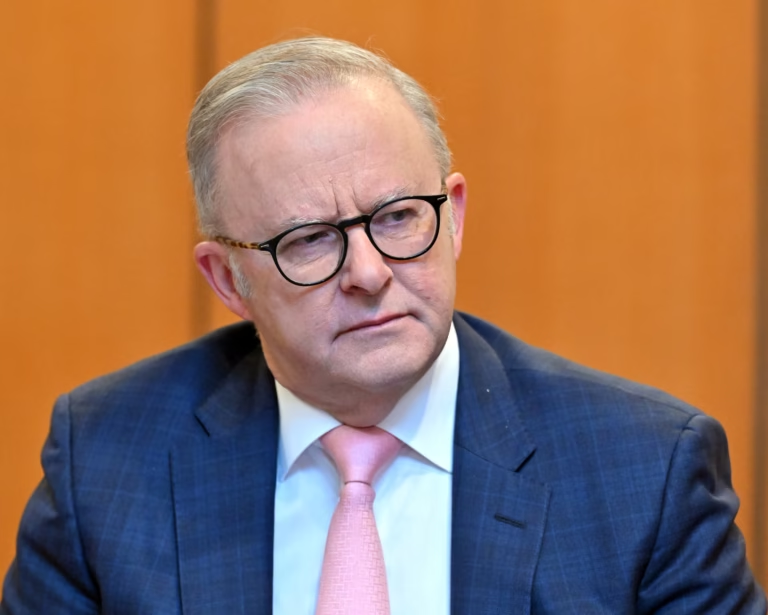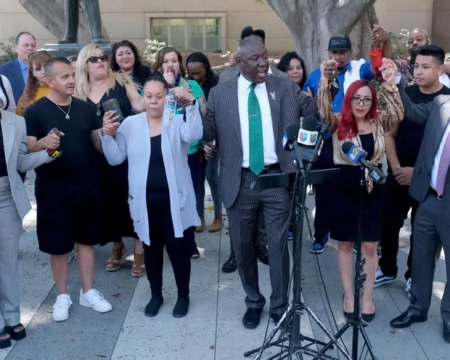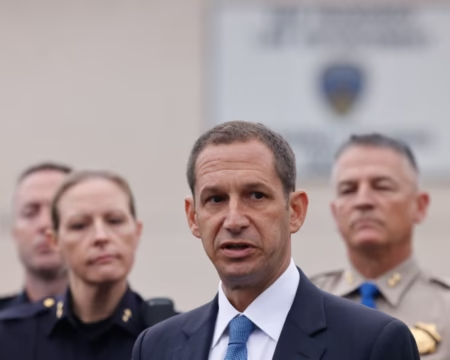Australian Prime Minister Anthony Albanese has set clear limits on tax reform expectations before a crucial economic summit scheduled for August. He emphasized that his government will only pass laws reflecting the tax promises made during the last election, signaling that broader tax changes are unlikely until after the 2028 election.
The three-day economic reform roundtable, led by Treasurer Jim Chalmers, will begin on August 19 at Parliament House. The event has sparked many suggestions for major changes, including adjustments to the Goods and Services Tax (GST), capital gains tax rules, and superannuation taxes.
Albanese, speaking in Melbourne, said any new tax ideas presented during the summit would be considered only after the next federal election, expected by May 2028. He said, “Governments make government policy. The only tax policy that we’re implementing is the one that we took to the election.”
Labor is moving forward with legislation for income tax cuts announced in the March budget. The government is also negotiating with the Greens to reduce tax benefits on superannuation accounts holding $3 million or more. The Greens want this threshold lowered to $2 million to increase tax fairness.
Calls for tax reform are growing louder from various groups. The Australian Council of Trade Unions (ACTU) recently urged the government to roll back negative gearing and capital gains tax concessions on property investments. Similarly, the Australian Council of Social Service (Acoss) has pushed for halving the capital gains tax discount, introducing a 15% tax on superannuation retirement accounts, and imposing a federal royalty on offshore gas extraction.
In addition to these demands, independent MP Kate Chaney from Western Australia has proposed raising the GST rate from 10% to 15%. Chaney’s plan also suggests including food, education, and health services in the GST system, which are currently exempt.
To reduce the burden on low-income Australians, Chaney recommends giving every adult a $3,300 rebate. This would effectively exempt the first $22,000 of annual spending from GST, cushioning the impact of the tax increase on everyday expenses.
While exempting certain goods from GST costs the government $68.8 billion in lost revenue, Chaney’s plan estimates that raising the GST rate and removing some exemptions could generate $92.7 billion. This would add $23.8 billion to the federal budget.
“The major parties like to talk about tax cuts and spending but they’re less willing to discuss where the money will come from,” Chaney said. “We have to have courageous conversations about other revenue sources to avoid handballing this problem to future generations.”
The government faces a delicate balance between responding to public demand for tax fairness and managing the political risks of major tax hikes. For now, Albanese’s message is clear: significant tax reforms will wait until after the next election, while the current government sticks to the policies it promised voters.







